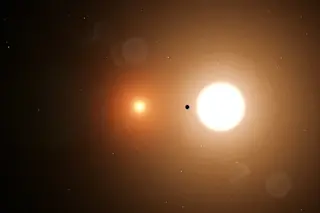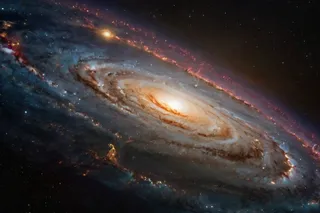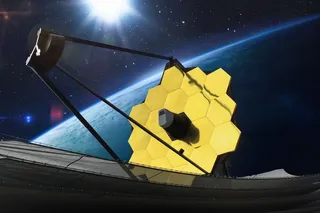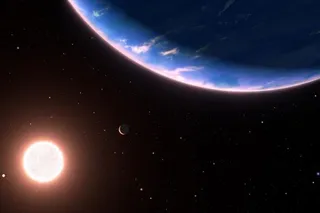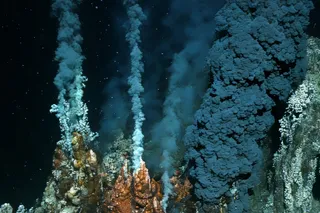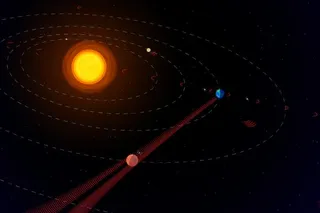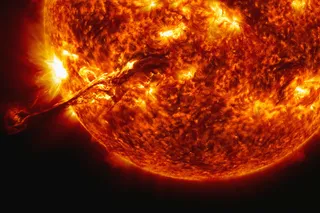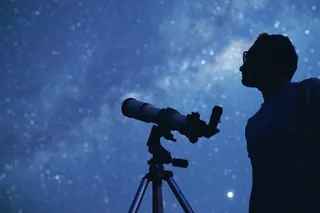Despite the seemingly-infinite vastness of the cosmos, Earth is the only place known to harbor life. As such, humans have long wondered whether our world is the only place where life has emerged — a process known as abiogenesis.
A new study may offer some tantalizing clues. Planetary scientists from the Max Planck Institute for Solar System Research in Germany showed that the metallicity of stars, or how much metal a star contains, is an important factor in our ongoing search for complex life elsewhere in the universe, according to a paper recently published in Nature.
What's more, the scientists suggest that planets surrounding metal-poor stars should be considered the best targets for finding complex life on another world.
Life — at least, the complex, multicellular life we are familiar with — requires oxygen. Our oxygen rich atmosphere, which is in part the result of the activity of life on ...



